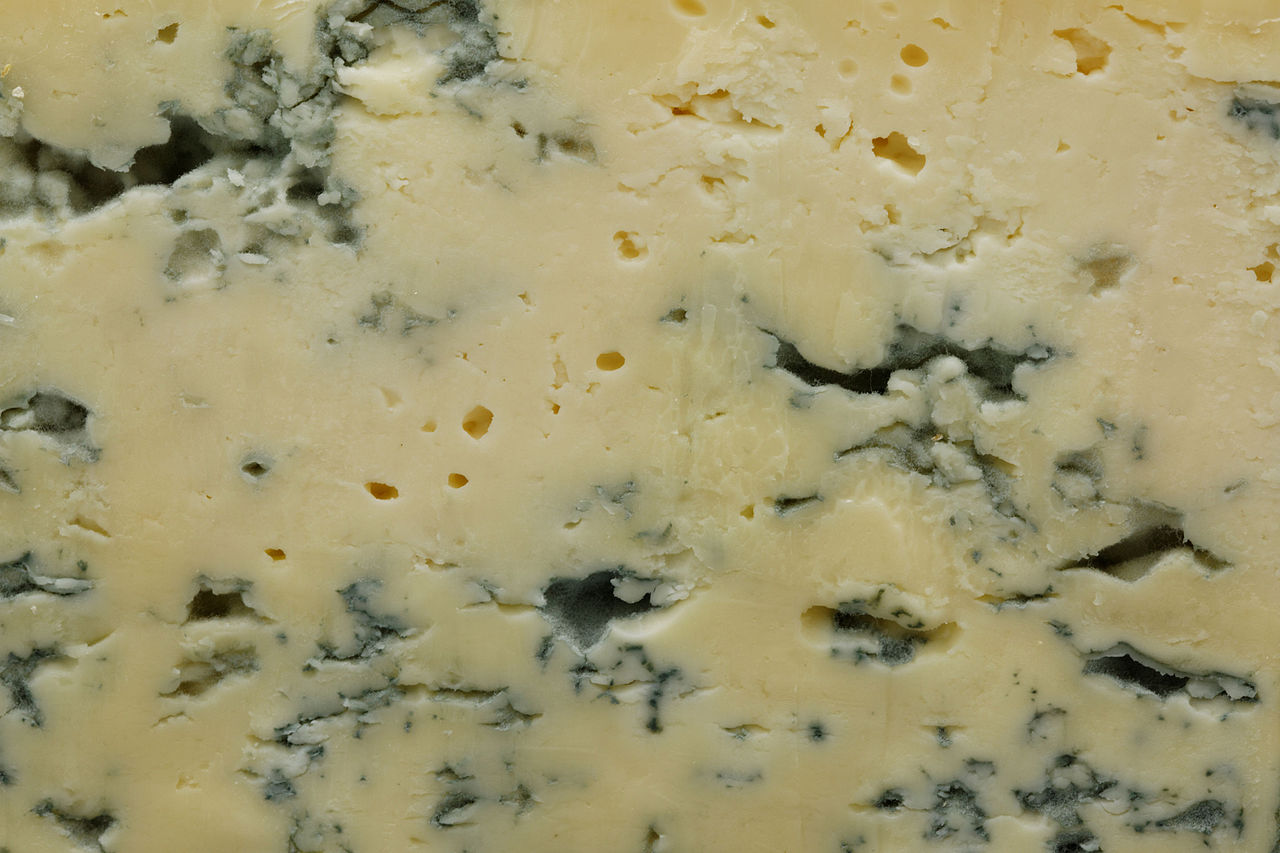View the answer to this question and more on our FAQ!
Today is Moldy Cheese Day (no, really!), so we thought, what better time to answer the question: is it safe to eat moldy cheese? The answer is: yes… and no!
The full answer is, it varies from cheese to cheese.
For cheeses made with mold (such as Roquefort, Stilton, Brie, and Camembert), the molds that develop into blue veining and other such indicators are not only safe to eat, but can be beneficial. However, molds that are not a part of the manufacturing process can be dangerous. Discard soft cheeses such as Brie and Camembert if they contain molds that are not a part of the manufacturing process. If surface mold is on hard cheeses such as Gorgonzola and Stilton, cut off mold at least 1 inch around and below the mold spot and handle like hard cheese (see below).
If a cheese you purchase develops surface mold, the FDA has the following recommendations:
For hard cheeses such as Cheddar, Emmentaler, and Parmesan, mold generally cannot penetrate deep into the product. Therefore, surface mold can be cut off at least 1 inch around and below the mold spot (keep the knife out of the mold itself so it will not cross-contaminate other parts of the cheese). After trimming off the mold, re-cover the cheese in fresh wrap.
For soft cheeses with high moisture content such as Chèvre, mold can cause contamination below the surface. In this case, these cheeses should be discarded.
So depending on the type of cheese—and the type of mold—you may be able to save yourself a little money, and enjoy your cheese a little longer, using the tips above!
Photo of “Bleu de Gex” cheese by Pierre-Yves Beaudouin, licensed through CC by SA 4.0.


But how it’s wrapped actually does matter a great deal. Cheese paper or parchment paper is a really good way to go here. “Wrap first in parchment paper or beeswax reusable paper, which allows the cheese to breathe, and then again in plastic wrap or tin foil, which protects the cheese from other food aromas, yeast or spores,” Jill Allen, Director of Product Excellence at Tillamook and an American Cheese Society Certified Cheese Professional, said to Mashed.
Agreed, proper cheese storage can be very helpful (in fact, we sell cheese paper and cheese storage bags made just for this purpose). Thanks for the input!